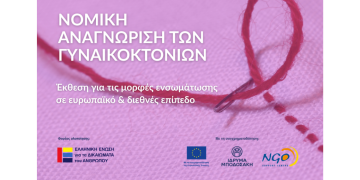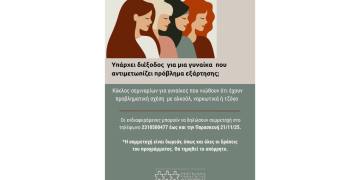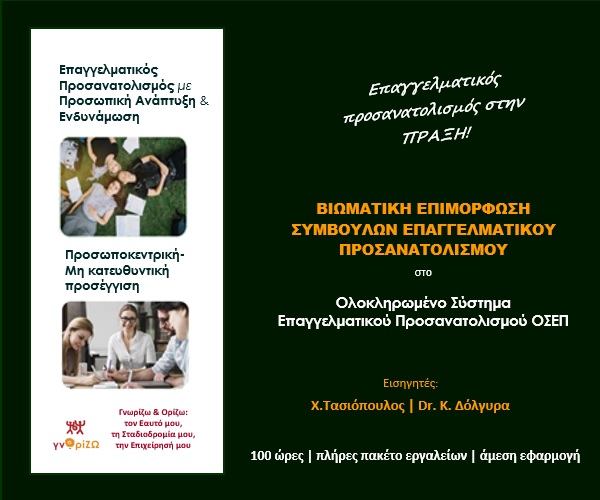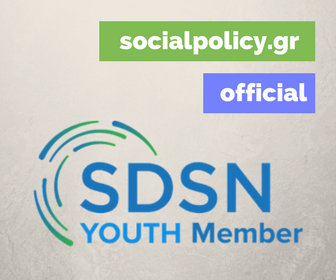LJILJANA PEJIN STOKIĆ AND JURIJ BAJEC *
EUROPEAN SOCIAL POLICY NETWORK
NOVEMBER 2018
| The amendments to the law on maternity leave payments (the Law on Financial Support for Families with Children), which came into force in July 2018, proved unfavourable for some categories of new mothers, who were entitled only to a monthly payment of €9. This outcome stirred an ongoing debate, which resulted in street protests in September 2018 and requests for revision of the present formula used to calculate maternity leave payments. |
Description
On 14 December 2017, the Serbian Parliament adopted amendments to the Law on Financial Support for Families with Children, which came into force on 1 July 2018. There are two main changes compared to the previous 2009 Law: 1) eligibility for maternity leave payments has been extended to women engaged in non-standard employment; and 2) the formula for calculating the payments has been changed. The calculation of the benefit is now based on earnings during the last 18 months, instead of 12 months; the pay is the sum of past earnings divided by 18. The guaranteed minimum is provided to those who have been in employment for six months or more, for women in regular employment, but not for self-employed women (who were eligible under the previous Law) and those engaged in non-statutory work.
Changes in the formula negatively affect all women employed for less than 18 months; the negative effect increases, the less time the person has spent in employment, e.g. a woman who has been employed for 12 months will now receive 66% of the maternity leave payment calculated using the old formula. Pregnant women who go on sick leave for one month or more, due to pregnancy complications or for other reasons, are also in a worse-off position: the formula only takes account of past earnings, not including sick leave payments, so for all the time spent on sick leave, zero earnings are used for the calculation.
Under the 2009 Law, however, for the months spent outside employment (or on sick leave) 50% of the national average wage was imputed as calculated earnings.
Once maternity leave payments were being administered under the new formula, it became evident that some payments were below the 2016 national at-risk-of-poverty threshold of 15,416 RSD (€130.6) for a single-person household, while some were as low as €9. There was strong opposition to this from young women, who launched an online petition to improve the formula and carried out a street protest in Belgrade on 25 September. That same day, five members of parliament submitted a proposal, containing amendments to the Law, to the President of the National Assembly. By 24 October, the online petition had been signed by 10,678 persons. The number of signatures needed for an official proposal to the National Assembly is 30,000.
Outlook & commentary
The Ministry of Labour, Employment, Veterans and Social Affairs proposed the amendments on the grounds that the previous, 2009 provisions made it possible to wrongly claim maternity benefits. Fiscal discipline in Serbia has been low for decades and the government has not been successful in finding ways to strengthen it. As the relevant institutions have not managed to prevent misuse of this benefit, policy makers have chosen a solution which affects all new mothers, not only those who misuse the benefit. This outcome is in stark contrast with the ongoing government campaign to raise the fertility rate.
The aim of this benefit is defined in Article 1 of the Law on Financial Support for Families with Children. This states that financial support is administered in order to: improve the financial status of families with children, reconcile work and family life, and help parents to have the number of children they wish. The financial benefits covered by this Law are child allowances, maternity leave payments, parental allowances and support for kindergarten payment. None of these benefits are contributionbased and all are financed from the national budget. The present formula discriminates against women engaged in non-statutory work, self-employed women and the newly employed. The guaranteed minimum payment is only available to women in regular employment, who are usually better-off than those in other types of employment.
By extending the benefit to new types of employment and at the same time introducing a new strict formula for all beneficiaries, the policy makers did not recognise that a more flexible solution is needed for specific forms of employment. For this reason, the new formula for maternity leave payments fails to accomplish its stated purpose of providing financial support. Fiscal discipline should be tightened up, and employers and employees should be made aware that by abusing this benefit they are undermining the sustainability of the social benefits system.
The only official response on the matter came at the beginning of September, from the Minister S. Đukić Dejanović, President of the Population Policy Council. The Minister stated that the Council has discussed the possibilities for introducing the guaranteed minimum payment for new mothers. There were no announcements on this subject from the relevant Ministry.
———— ————-
Further reading
Zakon o finansijskoj podršci porodici sa decom [Law on Financial support for families with children]:
http://www.parlament.gov.rs/upload/archive/files/lat/pdf/zakoni/2017/3743-17%20lat.pdf
Effects of the new Law on Financial Support for Families with Children in Serbia, ESPN Flash Report 2018/3:
http://ec.europa.eu/social/main.jsp?newsId=9049&langId=en&catId=89&furtherNews=yes&
Petition against the reduction in maternity leave payments:
https://www.peticije24.com/borba_protiv_smanjenja_plata_zaposlenim_porodiljama
Interview with Minister Slavica Đukić Dejanović:
http://rs.n1info.com/a418416/Vesti/Djukic-Dejanovic-Uvescemo-donjugranicu-naknade-za-porodilje.html
Legal proposal containing amendments to the Law on Financial Support for Families with Children, by five MPs, (25.09.2018):
http://www.parlament.gov.rs/akti/zakoni-u-proceduri/zakoni-uproceduri.1037.html
*Author Ljiljana Pejin Stokić (Economics Institute) and Jurij Bajec (University of Belgrade)
The Flash Reports are produced by the European Social Policy Network (ESPN) established in 2014 to provide the European Commission with independent information, analysis and expertise on social policies in 35 European countries. The topics covered are identified by ESPN experts in the light of significant developments in their countries, or in some cases suggested by the Commission or the Flash Reports’ editorial team (Eric Marlier, Slavina Spasova and Bart Vanhercke). The ESPN is managed by LISER (Luxembourg Institute of Socio-Economic Research), APPLICA and the OSE (European Social Observatory).
More information on the ESPN: http://ec.europa.eu/social/main.jsp?catId=1135&langId=en .
Discover more from socialpolicy.gr
Subscribe to get the latest posts sent to your email.



















































